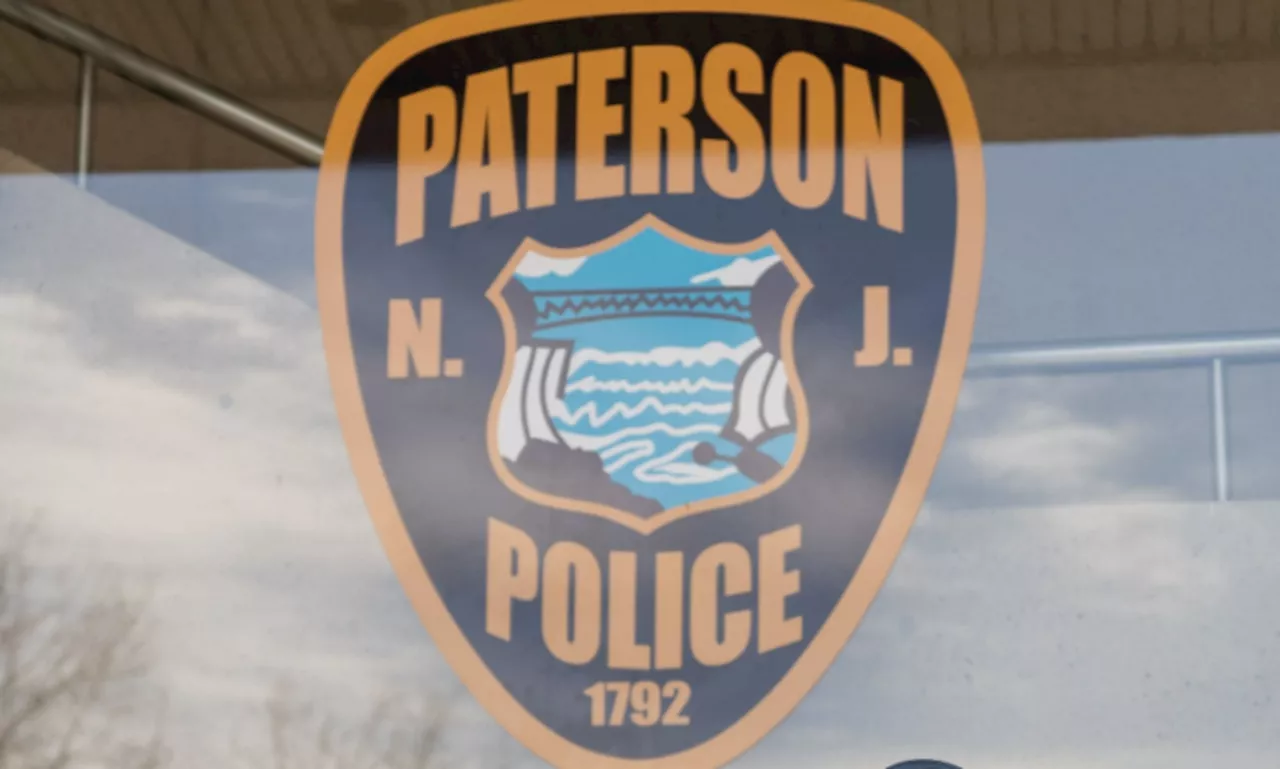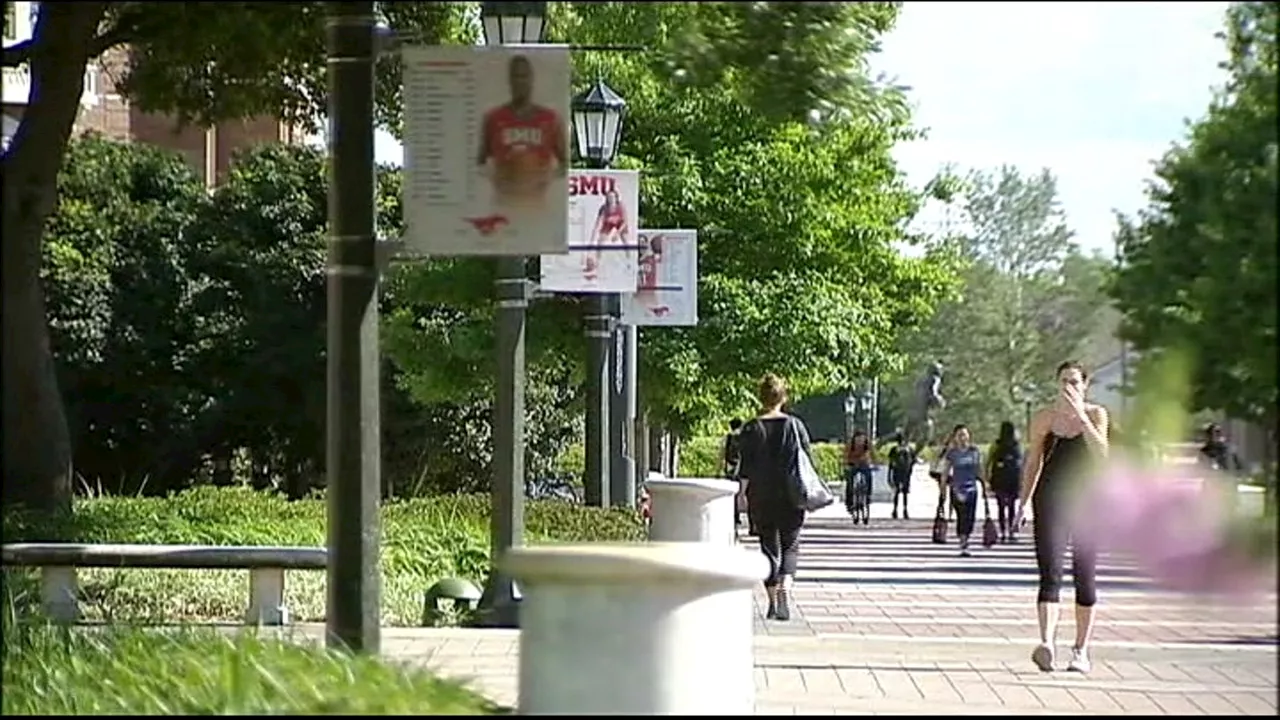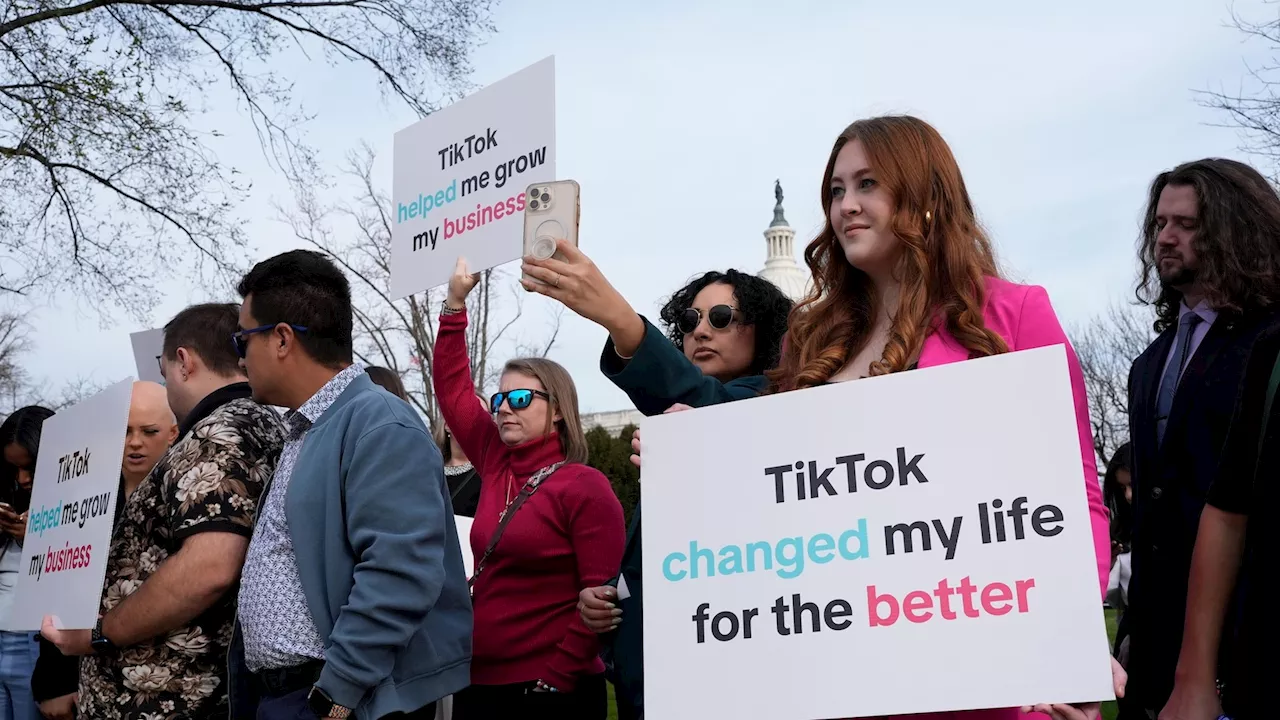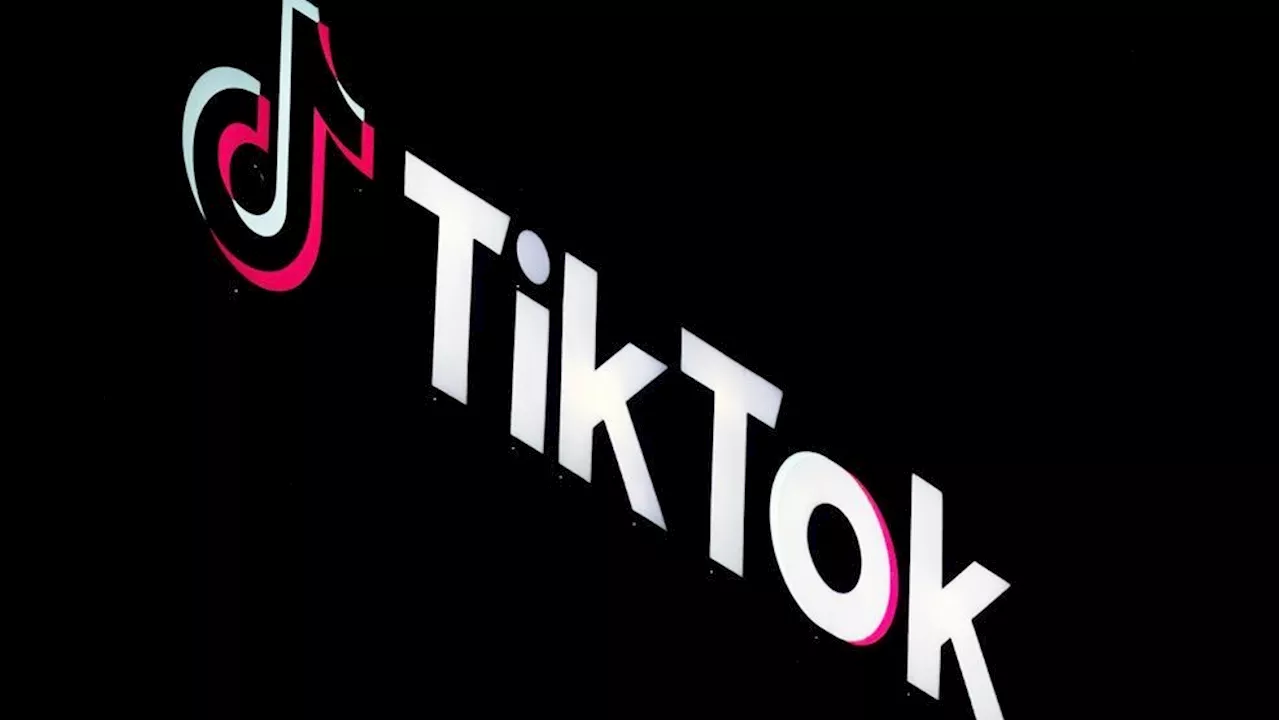The U.S. Supreme Court is poised to rule on a case that could dramatically alter the landscape of education in America by determining whether religious institutions are eligible for public funding through charter school programs.
Mannika Hopkins talks with her fourth graders on the first day of school at Greenville Elementary in Greenville, Fla. on Aug. 14, 2024. (AP Photo/Kate Payne) The U.S. Supreme Court is set to hear a pivotal case that could redefine the boundaries between church and state. The case, originating from Oklahoma, involves St. Isidore of Seville, an online Catholic school that applied to become a publicly funded charter school.
The Oklahoma Statewide Virtual Charter School Board initially approved the application, but the decision was challenged by Oklahoma Attorney General Gentner Drummond. Drummond argued that the approval violated state and federal laws prohibiting government funding of religious institutions. The Oklahoma Supreme Court sided with the attorney general, ruling that since charter schools are classified as public schools in Oklahoma, allowing a religious charter school would effectively mean the government is funding religious education. The court's decision was based on the principle of separation of church and state, which is rooted in the First Amendment's statement, 'Congress shall make no law respecting an establishment of religion, or prohibiting the free exercise thereof.' However, St. Isidore and the charter school board contend that the ruling infringes on religious freedom rights by excluding religious organizations from public benefits. The case now moves to the U.S. Supreme Court, where eight justices will decide its outcome. Notably, Justice Amy Coney Barrett has recused herself from the case without providing a reason. The court's decision could set a significant national precedent regarding the eligibility of religious organizations for public funds through charter school programs.This case echoes a previous Supreme Court ruling in which the court determined that Missouri violated religious freedom by denying a church-run preschool access to a public grant for playground resurfacing solely because it was a religious institution. However, the distinction in the St. Isidore case lies in the classification of charter schools as public schools, not private entities receiving public funds. The Supreme Court's decision will be closely watched, as it could have far-reaching implications for the future of religious charter schools in the U.S
Law Religion Charter Schools Religious Freedom Separation Of Church And State Supreme Court Public Funding
United States Latest News, United States Headlines
Similar News:You can also read news stories similar to this one that we have collected from other news sources.
 New Jersey Supreme Court to Decide Fate of Paterson Police ControlThe New Jersey Supreme Court will review an appellate court ruling that found the state attorney general overstepped his authority in taking control of the Paterson Police Department. The case could have implications for other local police departments facing similar allegations.
New Jersey Supreme Court to Decide Fate of Paterson Police ControlThe New Jersey Supreme Court will review an appellate court ruling that found the state attorney general overstepped his authority in taking control of the Paterson Police Department. The case could have implications for other local police departments facing similar allegations.
Read more »
 Texas Supreme Court to Decide SMU's Fate in Split from United Methodist ChurchThe Texas Supreme Court will hear arguments in January regarding Southern Methodist University's attempt to separate from the United Methodist Church. The outcome of the case will determine whether SMU's board of trustees or the church holds ultimate authority over the university's decision-making.
Texas Supreme Court to Decide SMU's Fate in Split from United Methodist ChurchThe Texas Supreme Court will hear arguments in January regarding Southern Methodist University's attempt to separate from the United Methodist Church. The outcome of the case will determine whether SMU's board of trustees or the church holds ultimate authority over the university's decision-making.
Read more »
 TikTok's Fate Hangs in the Balance as Supreme Court Prepares to DecideCreators and small business owners are anxiously awaiting the Supreme Court's decision on a law seeking to ban TikTok in the US. The court will hear arguments on January 10th regarding whether the law violates the First Amendment. TikTok argues it does, while the US government cites national security concerns. If the law is upheld, TikTok says it will shut down its US platform by January 19th, leaving creators to find new platforms.
TikTok's Fate Hangs in the Balance as Supreme Court Prepares to DecideCreators and small business owners are anxiously awaiting the Supreme Court's decision on a law seeking to ban TikTok in the US. The court will hear arguments on January 10th regarding whether the law violates the First Amendment. TikTok argues it does, while the US government cites national security concerns. If the law is upheld, TikTok says it will shut down its US platform by January 19th, leaving creators to find new platforms.
Read more »
 Supreme Court to Decide Fate of TikTok in Landmark CaseThe Supreme Court will hear arguments on January 10th regarding a law requiring TikTok to sever ties with its Chinese parent company, ByteDance, or face a U.S. ban. The case centers on whether the law violates the First Amendment, with TikTok and creators arguing it does, while the U.S. government cites national security concerns. If the government prevails, TikTok says it will shut down its U.S. platform by January 19th, leaving creators scrambling to find new platforms and potentially impacting their livelihoods.
Supreme Court to Decide Fate of TikTok in Landmark CaseThe Supreme Court will hear arguments on January 10th regarding a law requiring TikTok to sever ties with its Chinese parent company, ByteDance, or face a U.S. ban. The case centers on whether the law violates the First Amendment, with TikTok and creators arguing it does, while the U.S. government cites national security concerns. If the government prevails, TikTok says it will shut down its U.S. platform by January 19th, leaving creators scrambling to find new platforms and potentially impacting their livelihoods.
Read more »
 TikTok's Fate Hangs in the Balance as Supreme Court Prepares to Decide its FutureThe Supreme Court is set to hear arguments on January 10th about a law that could force TikTok to sever ties with its Chinese parent company, ByteDance, or face a US ban. Creators and small business owners anxiously await the decision, which could significantly impact their livelihoods.
TikTok's Fate Hangs in the Balance as Supreme Court Prepares to Decide its FutureThe Supreme Court is set to hear arguments on January 10th about a law that could force TikTok to sever ties with its Chinese parent company, ByteDance, or face a US ban. Creators and small business owners anxiously await the decision, which could significantly impact their livelihoods.
Read more »
 Supreme Court to Decide Fate of TikTok in USThe Supreme Court will hear arguments on January 10th regarding a law that requires TikTok to sever ties with its Chinese parent company, ByteDance, or face a U.S. ban. TikTok and its creators argue the law violates the First Amendment, while the U.S. government cites national security concerns. A potential ban could force TikTok to shut down its U.S. platform by January 19th, leaving creators in a precarious situation.
Supreme Court to Decide Fate of TikTok in USThe Supreme Court will hear arguments on January 10th regarding a law that requires TikTok to sever ties with its Chinese parent company, ByteDance, or face a U.S. ban. TikTok and its creators argue the law violates the First Amendment, while the U.S. government cites national security concerns. A potential ban could force TikTok to shut down its U.S. platform by January 19th, leaving creators in a precarious situation.
Read more »
